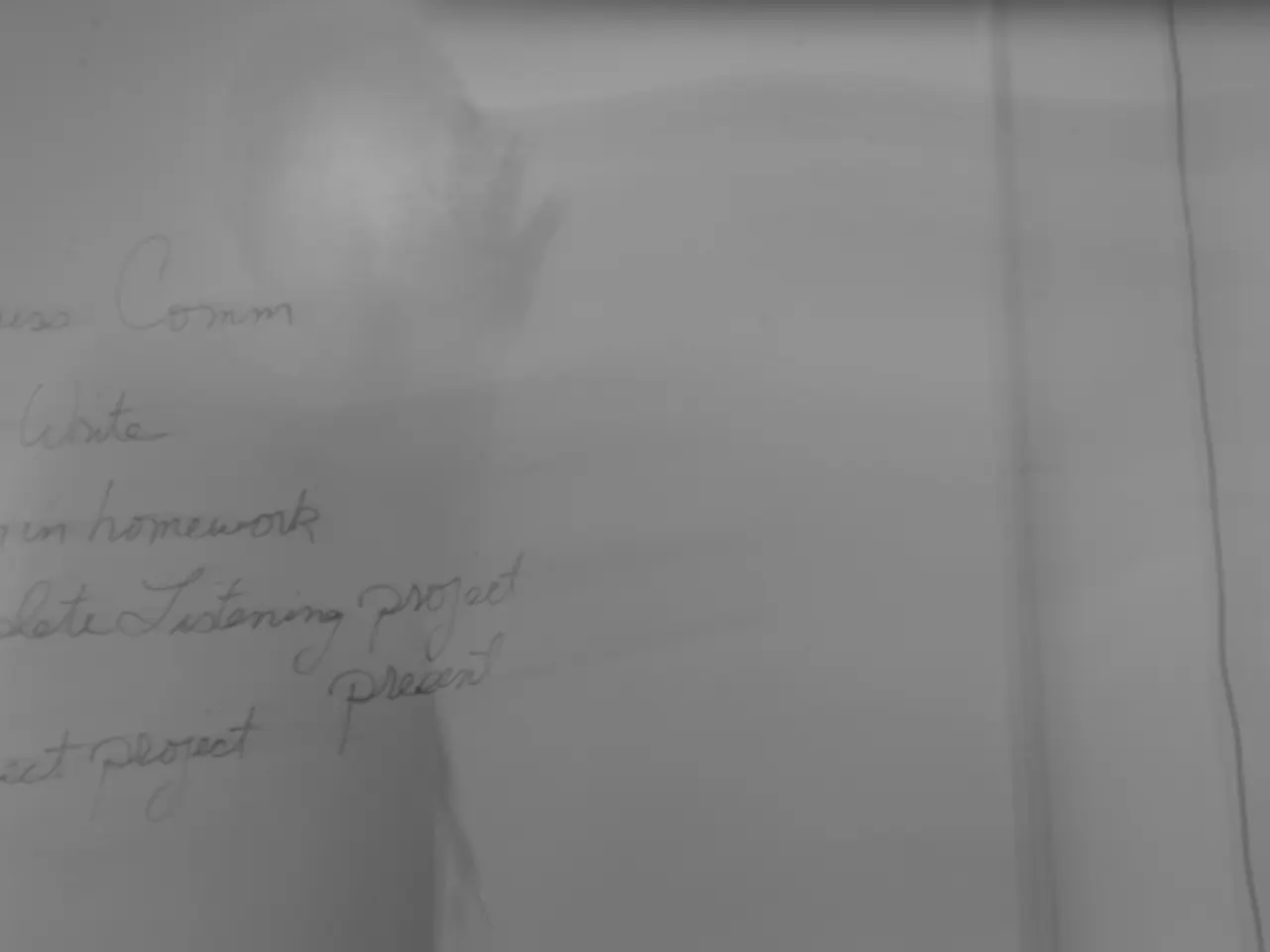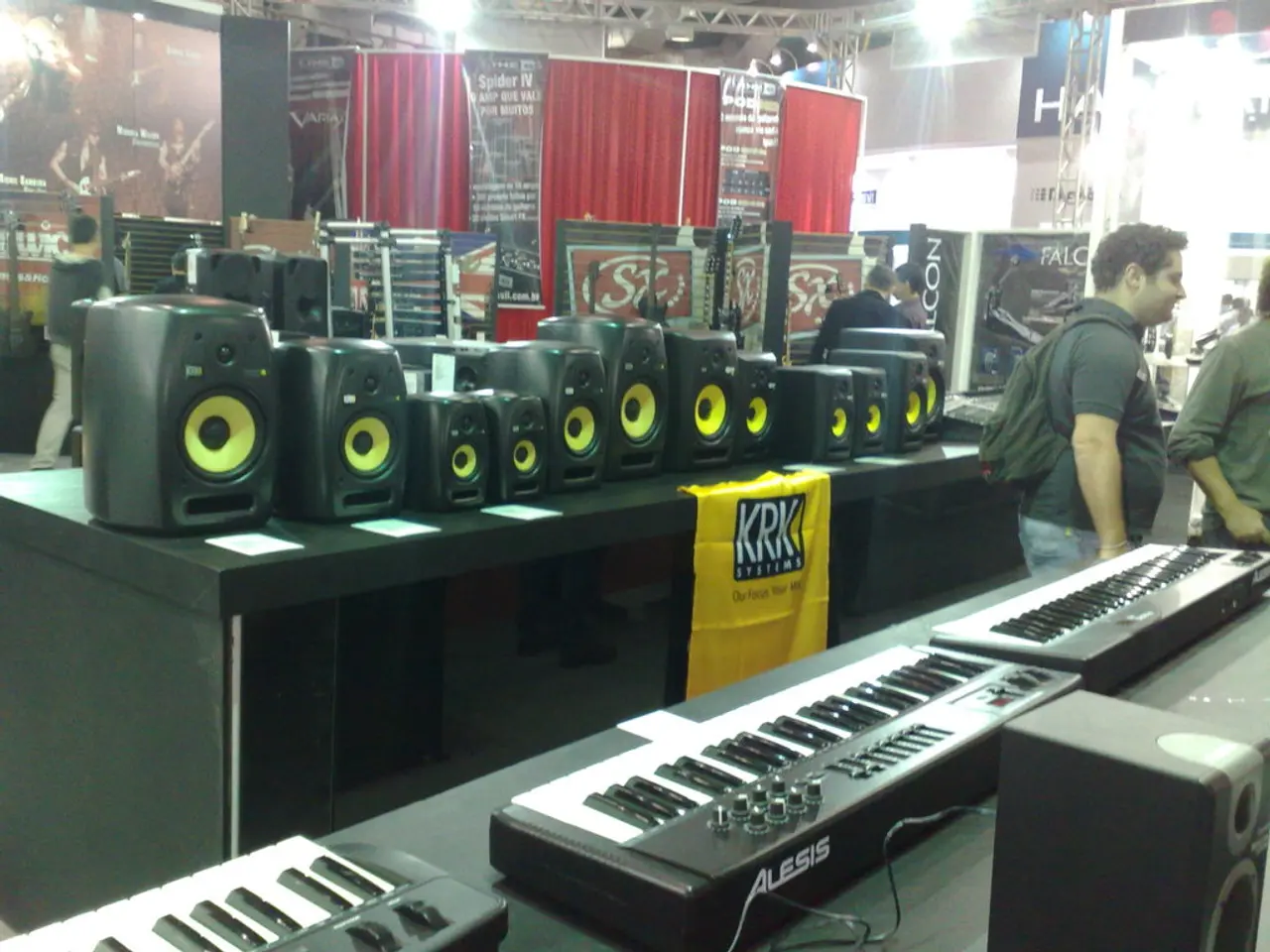Trump's proposed budget legislation tilts the balance against gaming enthusiasts, potentially endangering Nevada
The gambling industry in the United States is currently engaged in a fight to restore the full tax deduction for gambling losses, with two key pieces of legislation, the FAIR BET Act and the FULL HOUSE Act, leading the charge.
FAIR BET Act
Introduced by Rep. Dina Titus (D-Nev.) and co-sponsored by Rep. Ro Khanna (D-Calif.), among others, the FAIR BET Act aims to restore the full deduction for gambling losses, allowing taxpayers to deduct 100% of their losses [1][3][4]. The bill's goal is to "bring fairness back to gaming taxation" by ensuring that gamblers do not pay taxes on money they have not won [3]. The bill has received support from various groups, including the National Thoroughbred Racing Association (NTRA), which highlighted its importance for maintaining fairness in the gaming industry [4].
FULL HOUSE Act
The FULL HOUSE Act, introduced by Sen. Catherine Cortez Masto (D-Nev.), with co-sponsors Sen. Jacky Rosen (D-Nev.) and Sen. Ted Cruz (R-Tex.), also aims to restore the full deduction for gambling losses [2]. The act did not receive unanimous consent in the Senate, as it was blocked by Sen. Todd Young (R-Ind.), meaning it will proceed through formal voting procedures [2]. The act is seen as crucial for the gaming industry, as casino owners like Derek Stevens have expressed support, warning of negative impacts on the industry if the provision is not repealed [2].
Overall Status
Both acts are part of ongoing efforts to address the recent change in the tax code that limits gambling loss deductions to 90%, which was introduced in the One Big Beautiful Bill Act. The FAIR BET Act is awaiting further action in the House, while the FULL HOUSE Act faces a more formal legislative process in the Senate following its initial rejection.
The change means that if a gambler wins and loses the same amount in a year, they still owe taxes on 10% of their winnings. The change affects professional gamblers and serious recreational bettors who operate on thin margins. The American Gaming Association now supports Titus' bill, warning that the deduction change threatens to reduce betting volumes and harm tribal and commercial casinos alike.
The U.S. tax code change could affect casino revenues, state tax coffers, and the earnings of tipped employees. Victor Rocha, a Pechanga tribal leader, states that the change will create pain in all gaming markets. Senator Todd Young's obstruction of attempts to restore the 100% deduction for gambling losses puts more than $3 billion in revenue for Indiana at risk of being transferred into unregulated offshore gambling sites.
Congress is urged to move past partisanship and pass Titus' and Cortez Masto's proposals as soon as possible to prevent bettors from going underground before Trump's budget bill takes effect. The FAIR BET Act aims to restore the 100% deduction for gambling losses, preserve the integrity of regulated gambling, and prevent federal policy from pushing American money into offshore websites and black-market bookies. The FULL HOUSE Act, introduced by Senator Catherine Cortez Masto, is another proposal to restore the 100% deduction for gambling losses.
- The gambling industry, particularly in Las Vegas, is actively advocating for the FAIR BET Act and the FULL HOUSE Act, two pieces of legislation aiming to restore the full tax deduction for gambling losses.
- These acts, if passed, would allow taxpayers to deduct 100% of their gambling losses, as opposed to the current 90%, a change introduced in the One Big Beautiful Bill Act.
- The FAIR BET Act, introduced by Rep. Dina Titus, and the FULL HOUSE Act, introduced by Sen. Catherine Cortez Masto, have received support from various groups and individuals within the gambling industry, including casino owners and tribal leaders.
- The issue of gambling loss deductions is not limited to sports betting or casino games; it extends to all forms of gambling and is part of a broader discussion on policy and legislation in American politics.
- The general news has been following the progress of these acts closely, with reports suggesting that the changes could affect not only casino revenues but also state tax coffers and the earnings of tipped employees.
- In light of these potential impacts, calls for bipartisan cooperation to pass the FAIR BET Act and the FULL HOUSE Act have grown, as an absence of action could push bettors towards offshore gambling sites and black-market bookies.




